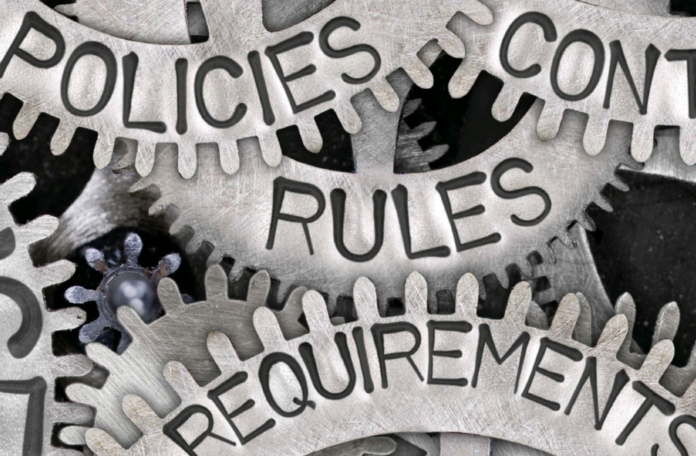Service businesses live and die by their responsiveness to clients’ needs, and across Los Angeles those needs are changing at an unprecedented pace.
The law sector is at the forefront of L.A.’s business gyrations. Today, the city’s firms are roiled by — and reborn through — technological disruptions, globalization, innovation, immigration, breakthroughs of imagination and even, unfortunately, contagion.
The needs of businesses inevitably land in the laps of lawyers who must provide clarity and guide their clients through complexities in the pursuit of satisfactory results.
How does a profession rooted in tradition, anchored in precedent and steeped in deliberation pivot to manage opportunities in tumultuous times, both for their firms and their clients in the Los Angeles business community?
The Business Journal put these questions to an all-star panel of local attorneys. Many are national and international players, and all are lawyers with the highest overviews who also have extensive experience in the trenches.
Among the topics up for discussion: new and pending laws; trends they’re watching closely; and how firms are adjusting to the many changes to the city’s business landscape.
We think you’ll find their comments insightful, enlightening and relevant, regardless of which sector your business is in.
About the Panel
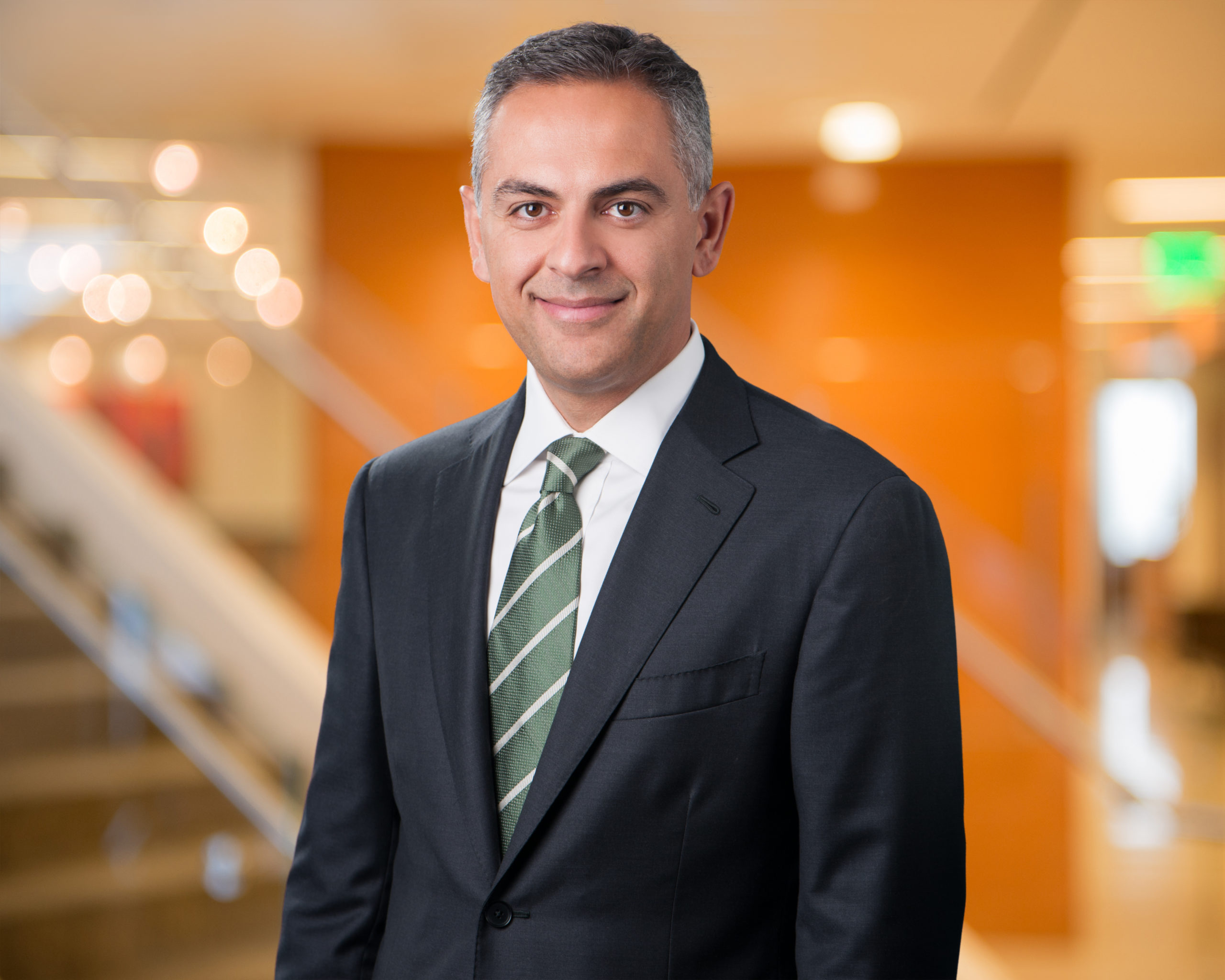
Bob Baradaran
Managing Partner, Greenberg Glusker Fields Claman & Machtinger
Baradaran is outside general counsel to companies, funds, family offices and high-net-worth entrepreneurs in real estate, hospitality, sports, technology and entertainment. Notable achievements include negotiating a $1.6 billion luxury hotel and condominium development project for the city of Beverly Hills and representing Shelly Sterling in the sale of the Los Angeles Clippers to Steve Ballmer. Baradaran was included on the Business Journal’s LA500 list in 2019.
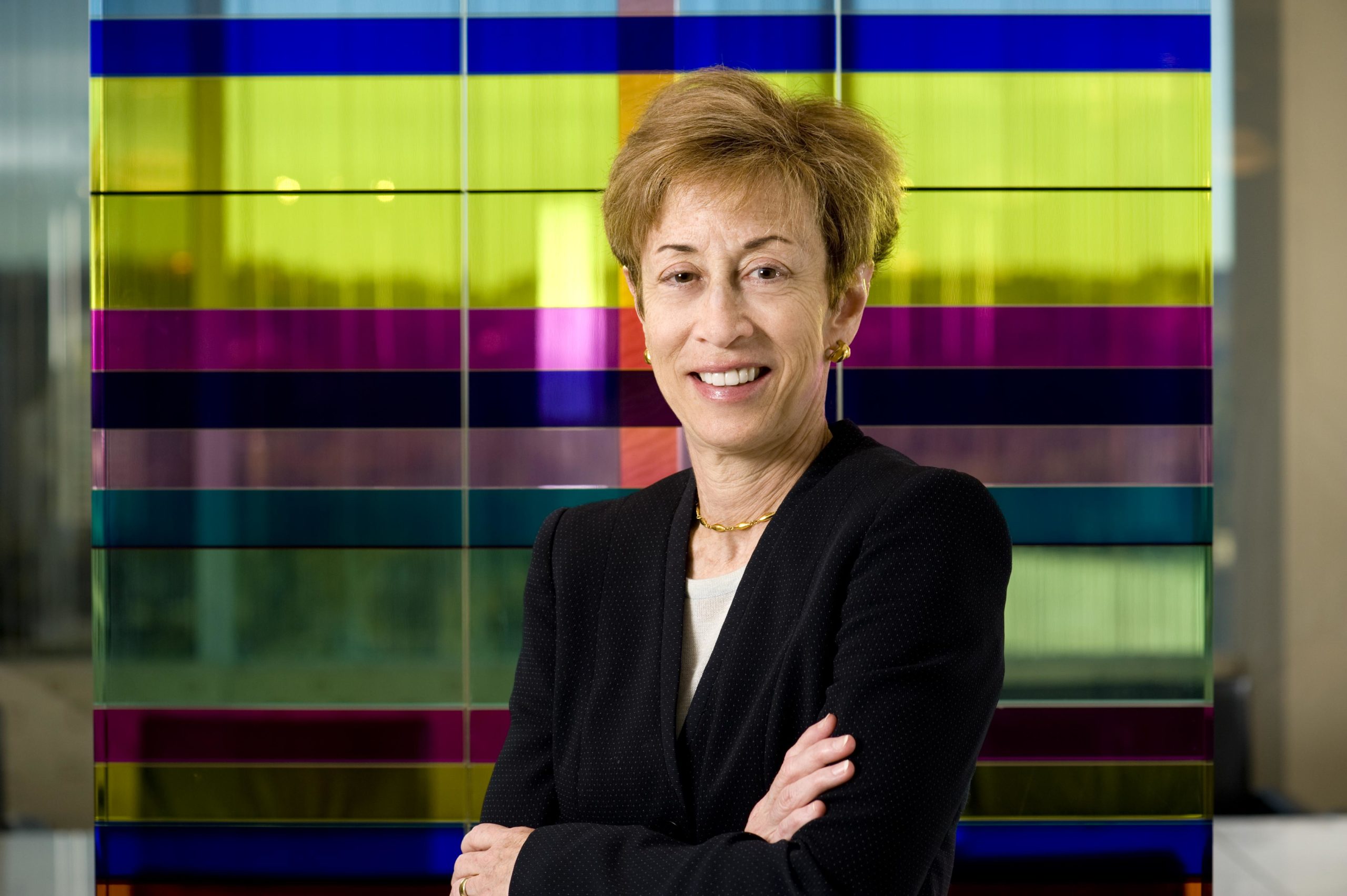
Patricia Glaser
Partner and Litigation Department Chairwoman, Glaser Weil Fink Howard Avchen & Shapiro
Glaser’s clients have included Fortune 500 companies, major Hollywood studios, real estate investors and developers, financial institutions, and high-profile public figures such as Kirk Kerkorian, Keith Olbermann and Conan O’Brien. In 2018, she was named a “Business Leader of the Year” in the Services category by the Business Journal.
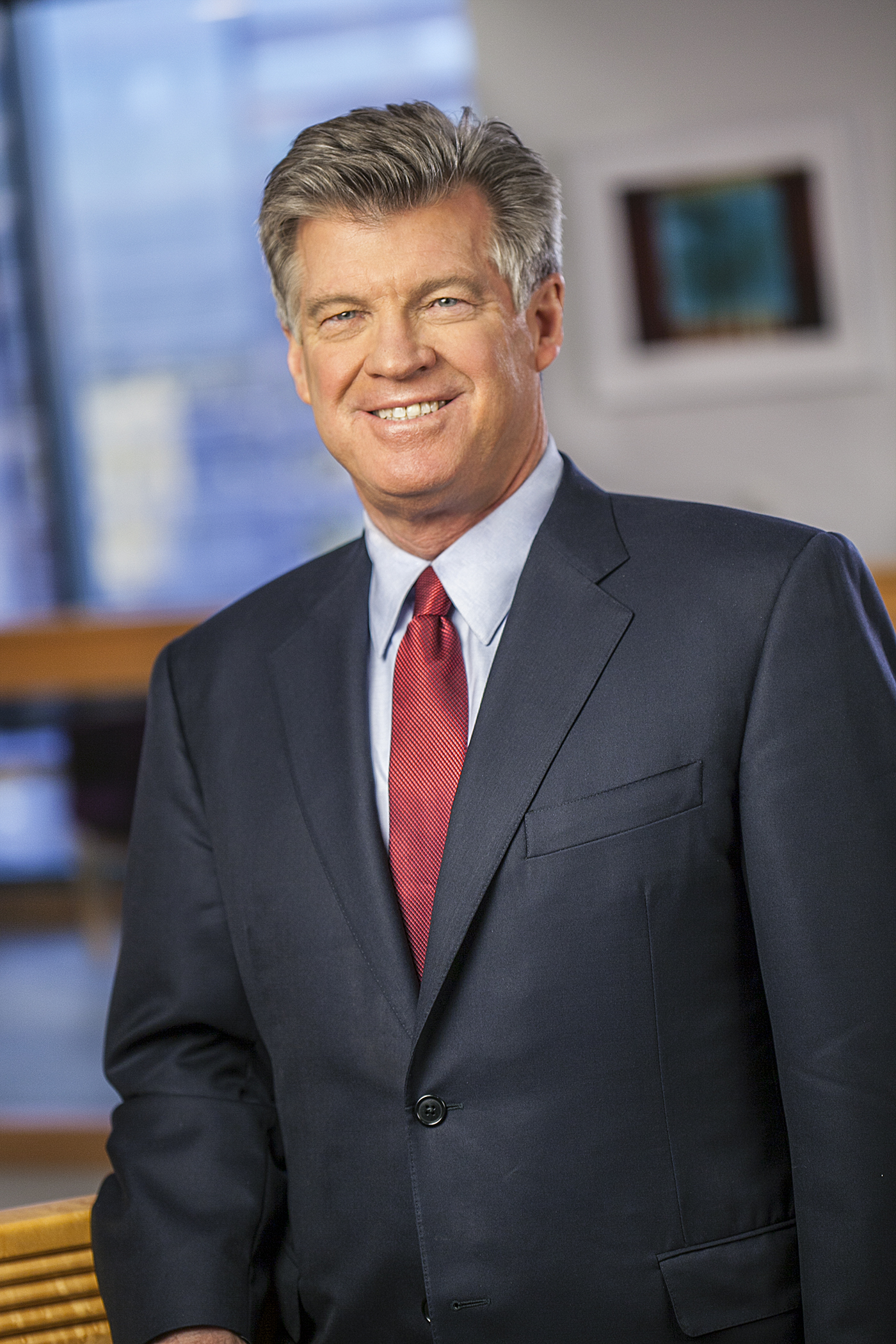
Brad Brian
Chairman, Munger Tolles & Olson
Brian has been a lead attorney in some of the nation’s most complex civil and criminal actions, including multibillion-dollar cases such as the Deep Water Horizon oil spill in the Gulf of Mexico and the PG&E wildfires. He was named “Litigator of the Year” by American Lawyer for 2015-16 and was included in the Business Journal’s LA500 in 2019.
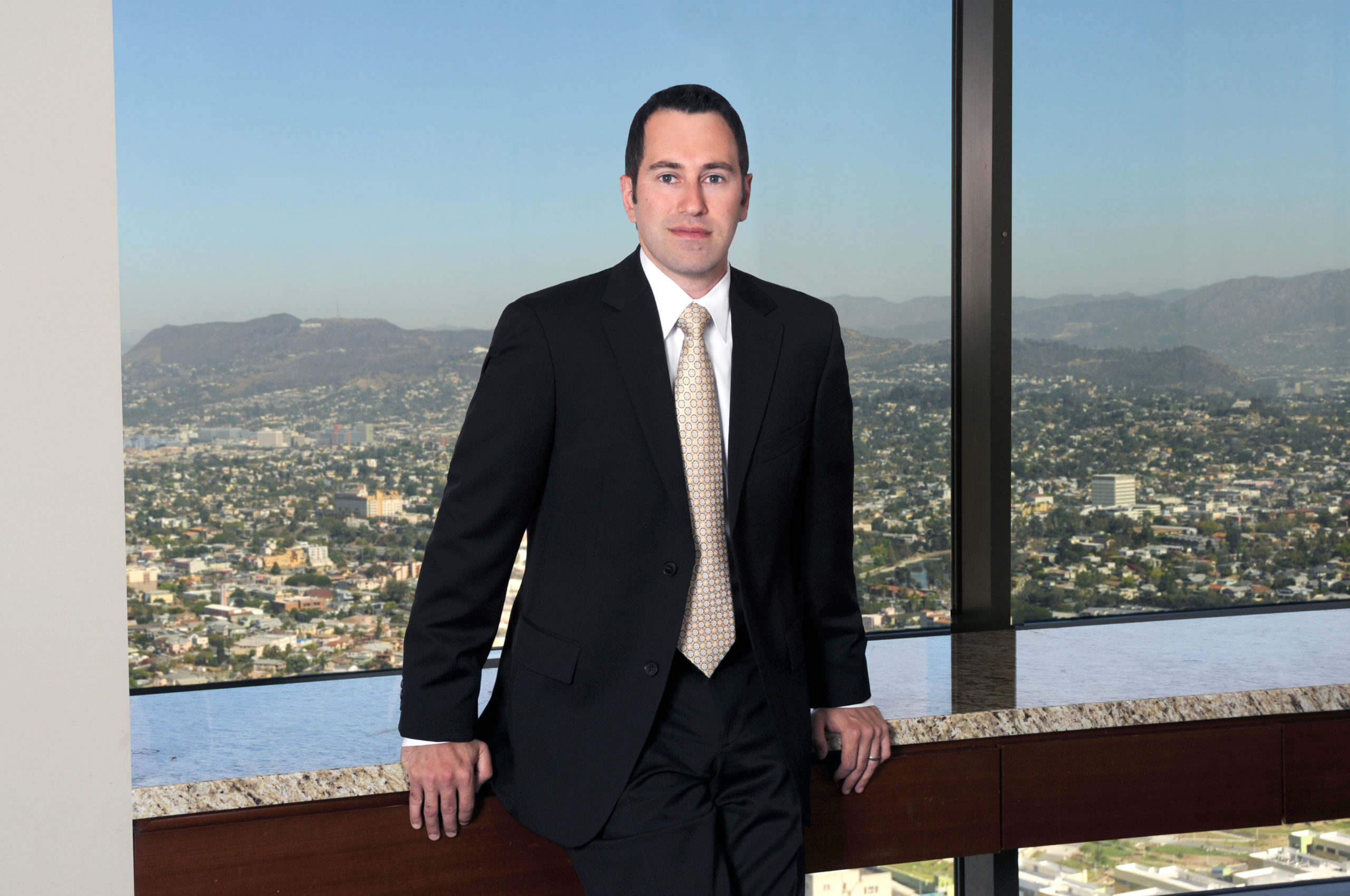
Ari Lanin
Partner and Co-Chair, Private Equity
Practice Group, Gibson Dunn & Crutcher
Lanin has worn many hats at Gibson Dunn & Crutcher where he has worked across private equity, mergers and acquisitions, securities regulation and corporate governance, as well as media, entertainment and technology. His clients have included Goldman Sachs & Co., Korn/Ferry International and The Chernin Group. Lanin also advised WndrCo in the $1 billion initial capital raise for Quibi. He was included in the Business Journal’s LA500 in 2019.
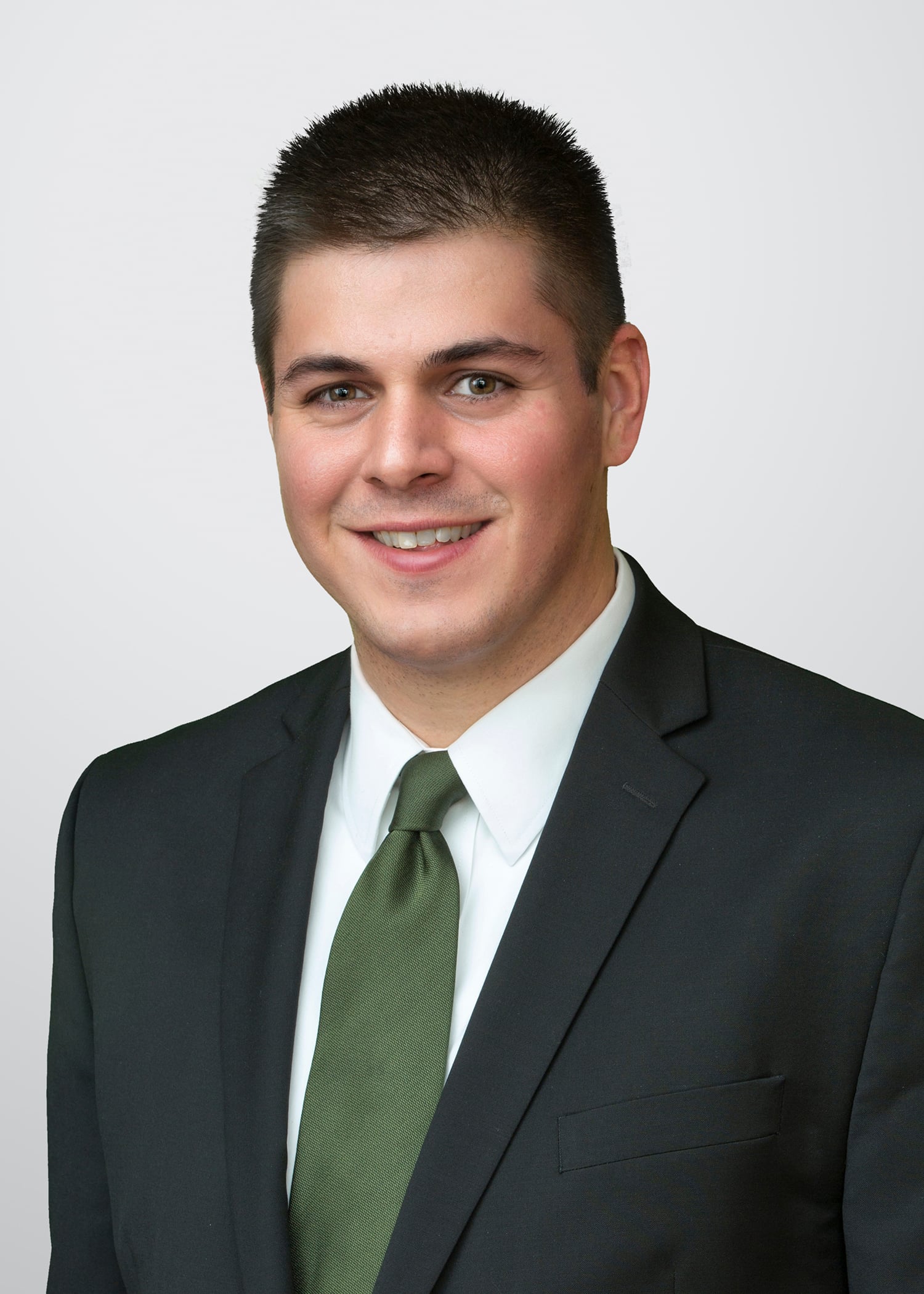
Robert Barton
Partner, Holland & Knight Private
Wealth Services Group
Barton represents individuals, families, charitable institutions, corporate trustees and private professional fiduciaries in litigation involving complex trusts and estates. His clients have included Tyler Korff, son of Shari Redstone and one of Sumner Redstone’s grandsons, in litigation over the Redstones’ media empire and against Sumner Redstone’s former girlfriends over misappropriated funds. He also represented Mickey Rooney in an elder abuse action against Rooney’s stepson, Chris Aber.
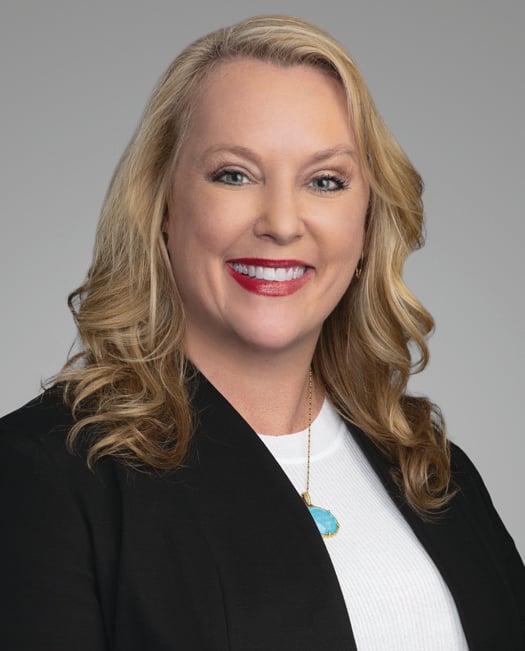
Monica Shilling
Partner, Kirkland & Ellis
Shilling has a broad practice in corporate and securities law, focusing on advising asset managers and private equity funds. She deals with mergers and acquisitions, capital markets offerings, leveraged buyouts, and corporate governance. Her clients include asset managers and private equity funds. She also chairs KCRW’s board of directors.
2020 Law Firms Roundtable
What have been the biggest changes to practicing law in Los Angeles over the past five years?
Robert Barton: Just five years ago, hard copy filings of all documents were still required, and attorneys were still using bike messengers to file documents with Los Angeles Superior Court. (Now we have) nearly entirely electronic filings, both at the trial court and at the appellate level, along with automatic electronic service of documents and the ability to instantly obtain court records. In addition, a growing number of … depositions, mediations and even courtroom proceedings have incorporated the use of appearances by video. E-discovery (discovery of electronic communications) and document management platforms are now ubiquitous, making it possible for litigators to review and cull massive quantities of documents faster than ever. These changes have … forced practitioners to adapt quickly or get left behind.
Brad Brian: It used to be that you’d go to trial with 5% of the facts because witnesses just didn’t remember the details of what they said at meetings or on phone calls. Now, everyone communicates through emails and text messages, so people expect to go to trial with 80% or even 100% of the facts. This puts an enormous strain on the system.
Ari Lanin: There’s constant change in what I do. I feel I’m dealing with the most sophisticated people because I deal with (private equity), and media and entertainment. They are able to access the most sophisticated technology, and they often are involved with disruption. So, they expect a lot and push for a lot. The speed at which transactions occur means a need for integrated global teams and a need for a highly specialized group of lawyers. We use people in 20 countries. We have deals that have to move very quickly and require specialists in every jurisdiction. So, we have to have them in our firm or in those countries and ready to deploy very quickly. The client could be a low-tech firm with a global footprint or a high-tech firm.
Monica Shilling: A number of law firms have either opened second offices on the Westside or actually moved out of downtown all together.
Glaser: Buyers of legal services are much more sophisticated than they were 10 years ago. And that’s good. They choose the lawyer not the firm.
Bob Baradaran: Things move more rapidly now, so responsiveness to client needs is just more and more critical and crucial. For example, I never even put an “out of office” message on my email when I’m away. And, frankly, I prefer to be able to interact with stuff as it arises whether I’m sitting in my office in Century City or at a café in Paris. (Also) clients want lawyers in teams that are more industry focused where you need to bring multiple disciplines to (bear) to give your clients sound experience, business and legal advice in the particular industry they’re in. For example, I’m a real estate lawyer. What you need to know to do an office lease for a service business is very different than doing a lease for a restaurant. (And) more and more, clients are looking not for pure legal advice but business advice on how to manage risk, expand and grow. We’re like their partners in helping them manage and grow their businesses.
Lanin: Deals get done in days not weeks. And those deals can be global where you have assets being purchased or disposed of in 10, 12, 20 countries at the same time. Each of the countries has their own systems of law (often with) their own regulatory agencies. That requires access to fast-moving, integrated global teams of highly specialized lawyers. We have ex-U.S. attorneys from (the Department of Justice’s) cybercrimes unit available to move quickly. If there’s a European component, we have a group in European data privacy who are not just there but know what they’re doing and are ready to move immediately.
Baradaran: How lawyers charge is changing … not only to lower the legal spend but to align incentives appropriately and deliver the most efficient service at the best price — fixed fees, percentage fees, contingency fees, and any mix or combination of those, depending on the task.
Patricia Glaser: The pendulum has gone too far the wrong way. Under the auspices of “I want a different lifestyle,” some people are abusing that as an excuse to not work hard. Most of us who are not great conceptual thinkers — which is most of us — I think you have to work really hard to do what you do, regardless of what gifts you were given as a newborn. Hard work pays off, especially in the legal profession.
Brian: Companies migrating out of Los Angeles, the reliance on technology to communicate, and disaggregation of legal work across many firms … are the biggest changes to practicing law in recent years. But while these circumstances have added a layer of complexity to building relationships with clients, in many ways, the actual practice of law has remained the same as when I started 40 years ago. Lawyers must continue to understand their clients’ businesses and issues by listening intently all the time. Lawyers must react quickly and nimbly to help their clients head off or solve their greatest challenges. Everything a lawyer does must begin and end with the client’s need. These are things that will never change about practicing law no matter how much the world around us does.
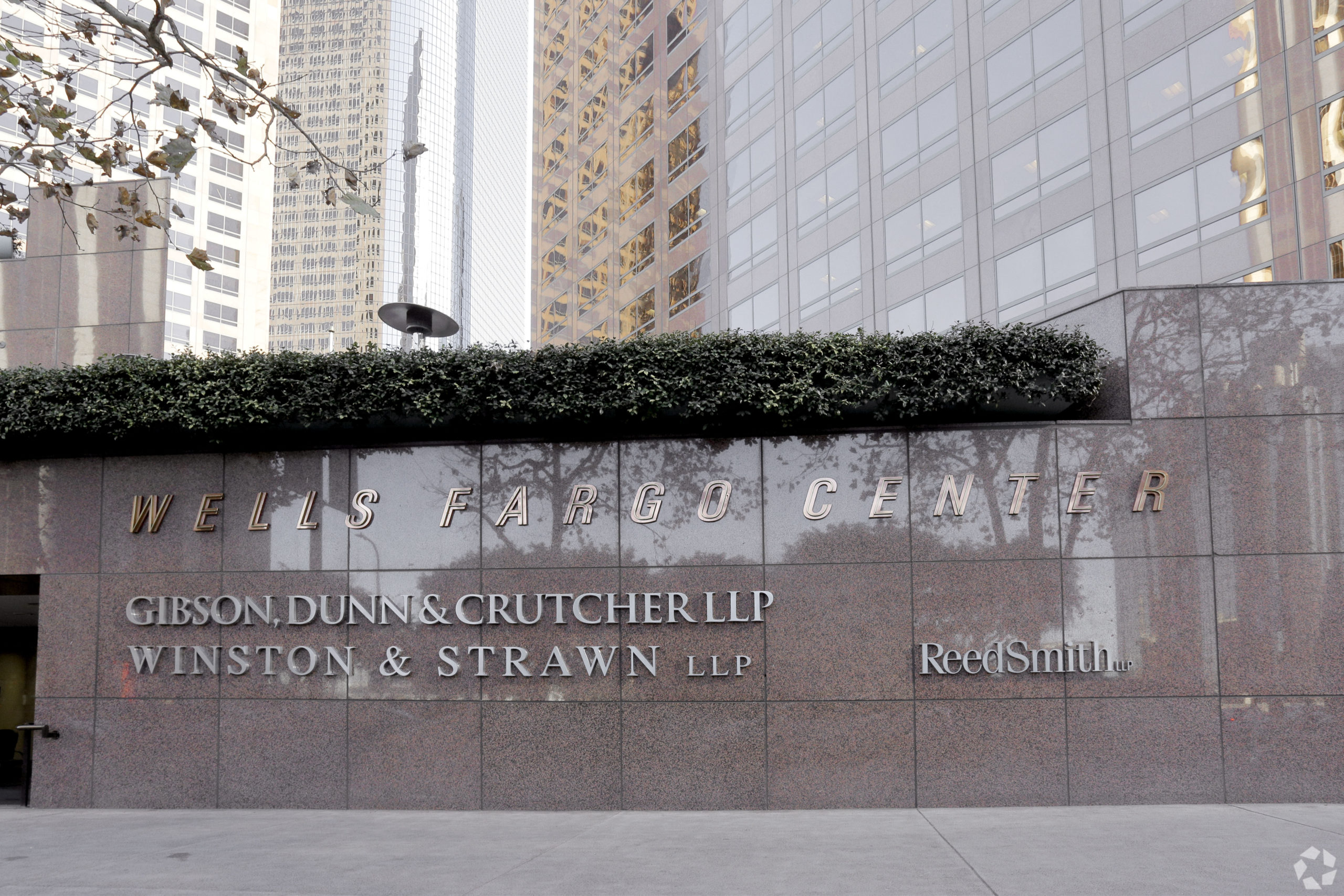
Which practice areas are growing in L.A., and which are slowing?
Brian: (The) digital economy in L.A. … is cultivating a new generation of technology lawyers. At our firm (they are) at the intersection of data privacy and platform liability, and in practice areas including patent litigation, antitrust and privacy. (There is) a transfer of work to alternative legal services providers who now compete for services historically provided by law firms in areas like investigation support and e-discovery. Our firm developed an e-discovery practice to provide legal advice on complex e-discovery issues.
Glaser: Intellectual property is geometrically growing — whether patent, copyright or trademark. Environmental has lost its sexiness. Employment law, California statutes and #MeToo have created a groundswell for employment lawyers. You’re seeing more litigation funding. It’s more prevalent in patents. … (Perhaps) a startup can’t afford to pay an hourly rate or big retainer, so if evaluated appropriately by one of these litigation funding operations, it might be able to find attorneys it might not be able to pay for otherwise. … Lawyers (have to look at the) business of these companies just like investment bankers and decide if you’re betting on the right horse. Talent agencies, who typically charge 10%, and talent transactional lawyers, who typically charge 5%, make those decisions every day.
Lanin: Private equity (and) consolidation in the media and the entertainment industries has resulted not just in … 500-pound gorilla deals but a host of smaller deals as those companies look to get rid of assets that aren’t core to the new business or acquire assets to fill things out. M&A begets other M&A.
Shilling: We have expanded our … private equity M&A practice and … added investment funds, real estate, capital markets and tax practices. Our debt finance, commercial litigation, and intellectual property practices have also (grown).
Barton: The transfer of wealth from the baby boomer generation has resulted in a surge in work for estate planners, as well as trust and estate litigators. And both large and mid-size firms that practice in these areas continue to grow and thrive. Data privacy and security issues continue to generate a significant amount of interest from clients. In addition, with a tight housing market and need for additional housing throughout California against a strict regulatory structure, work in the environmental and land-use areas continues to be in high demand.
Baradaran: Employment is going to be very busy (as will) international tax, real estate, middle-market M&A. … Cannabis is growing.

How is L.A.’s legal community affected by the increase in partners changing firms?
Glaser: The revolving door unfortunately creates an atmosphere in some firms of “you eat what you kill.” I had a client tell me, “With a big law firm, I asked who in the firm could handle (an issue), but I was referred out of firm.” The attorney didn’t want to have anyone take a piece of the client so, in case he left the firm, he could take the client with him.
Brian: Clients do not always benefit when their outside counsel moves to another law firm. This is why we insist on a very high standard for recruiting lateral partners. Lateral partners haven’t grown up in our culture of second-to-none client service and openness that we instill in our lawyers and professional staff. … We try really hard to make sure they’re going to fit with the firm and our clients.
Baradaran: Most often you see people jumping for money. (But also), as some of the firms get larger, they’re turning more like corporations, rather than old-school law partnerships. There isn’t a culture that connects partners to one another. You may not even know who all your partners are. They realize there really is no attachment between them and the law firm other than … a paycheck and somebody’s sending out a bill for them. (And) at some firms, some more senior partners who are very productive … are being pushed out because of … mandatory retirement. (Yet) they want to continue to be productive.
Barton: It has resulted in firms giving greater scrutiny to how best to retain partners, including increased efforts toward integration, cross collaboration and ensuring a fair compensation system. (At the same time), it has created a stronger legal market. Firms are constantly on the watch for growth opportunities, either by specialty practices or entire groups, and moving partners often have a variety of choices to help ensure the best match for their particular practice.
What legal or business trend are you watching most closely?
Barton: (With) the unprecedented shutdown of gigantic swaths of the economy as a result of Covid-19 … in the short term, all practices are likely to suffer … (from) reduced demand for legal services, as well as failed sales and transactions. In the long term, there will likely be a significant increase in insurance coverage-related lawsuits, as well as lawsuits arising from the inability of businesses to meet their obligations.
Brian: Having handled over 100 corporate investigations, I am always closely watching issues concerning investigations. More and more firms are looking to outside counsel to investigate internal problems — both to make sure they get it right and to protect themselves from allegations that they are unduly protective of their own people.
Baradaran: How does the law firm need to change to adapt to 25-, 26-, 27- and 28-year-olds entering the legal industry? (They are) more particular in the type of environment and culture and people that they work with. That is a bigger driver than compensation. (They value) a diverse work environment (and) they’re looking (to do) something that has a purpose. In Los Angeles, homelessness is a big topic, so they’re focused on what they can do … pro bono. We’re starting to be active there. Last year, we did a whole Habitat for Humanity build-a-house outing. (Also, their) expectation in being promoted is a little bit more accelerated than prior generations. Firms need to … transition leadership positions faster. … You’re going to have a hard time having somebody that’s been practicing 45 years managing and leading a group of 30-year-olds.
Brian: There also has been a very large increase in legal malpractice lawsuits. I have been privileged to represent many of the country’s largest law firms in their most challenging problems. I love the legal profession, value the high ethical standards that govern us, and have grown concerned at the growing tendency of some clients who lose a case to blame their lawyers. Finally, I follow trials around the country. Although most cases settle, juries still play an important role in our democratic culture.
Over the past 10 to 15 years, I and a few other Los Angeles lawyers have been lucky enough to be called upon to try some of the most challenging cases anywhere in the country. This work was once monopolized by trial lawyers out of New York and Washington, D.C., and I’m proud that more and more clients have looked to Los Angeles lawyers to try these important cases.
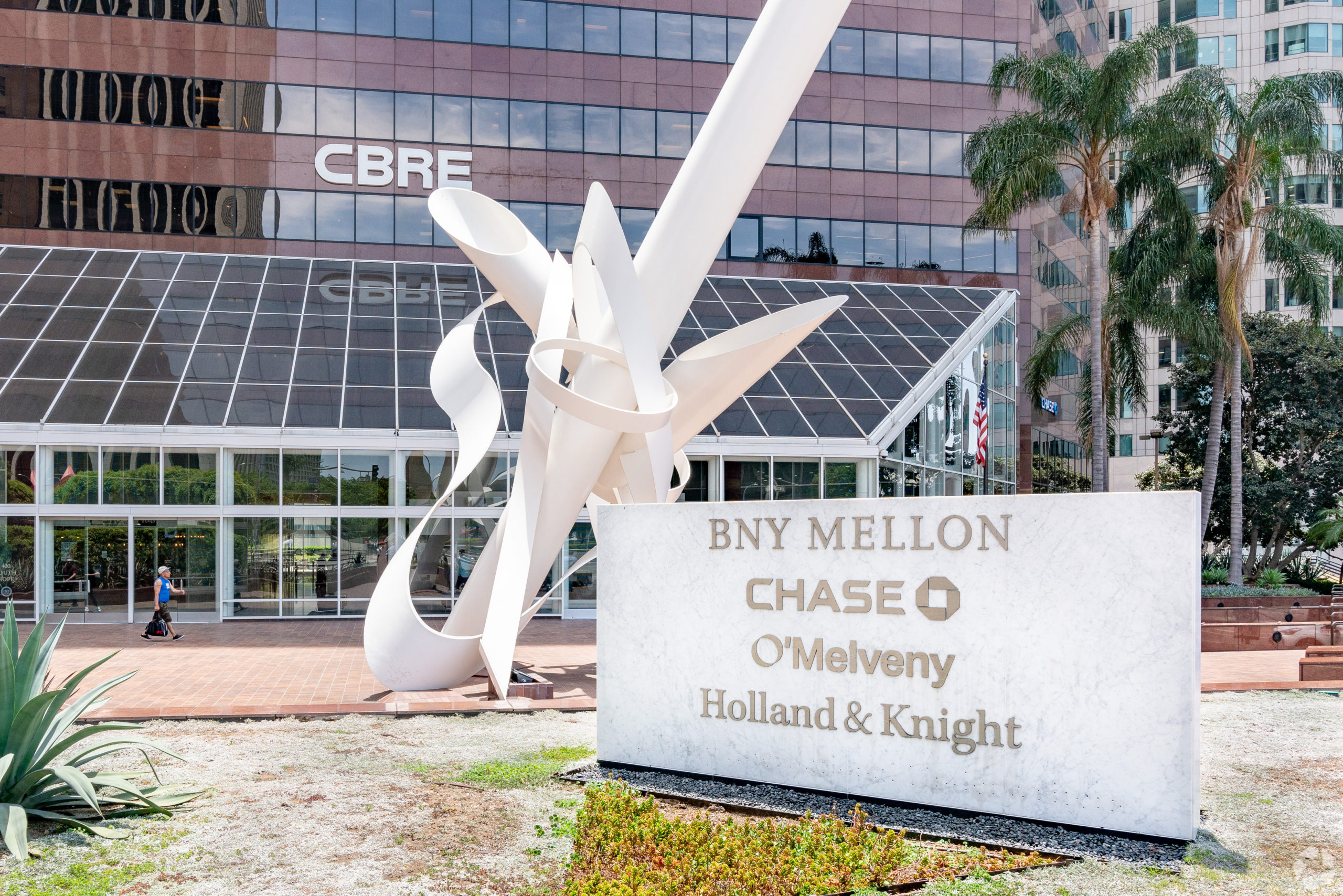
What opportunities are most interesting to you or your firm in 2020?
Barton: Clients are asking for diverse teams, and we are fortunate to be well-positioned to capture that work.
Brian: We have found that increased diversity has created — and will continue to create — opportunity for us.
Lanin: Convergence and consolidation … especially in media and entertainment, which creates deal-making. As companies buy one another, they throw off assets they don’t want to keep and bolt on assets to fill things out. It’s constant. It’s not like once you have AT&T buy Warner, or Disney buy Marvel, it’s over. It’s just the beginning. As that constant disruption of industries occurs, more and more action comes out.
Which new law, or proposed law, is most interesting or concerning to you or your firm?
Glaser: The state of California has gone overboard to protect groups of people (by) outlawing confidentiality provisions. It’s good for my legal practice, frankly, because I represent a lot of those defendants. Nobody can be an independent contractor, which hurts a lot of writers, for example. Legislators are not necessarily thinking through the ramifications of a lot of statutes. It’s good for my business, but it’s bad public policy. Sometimes you wish for more sophisticated thinkers in the legislature. We have a very sophisticated court. I don’t agree with them all the time, but you certainly can’t criticize them for lack of legal acumen. I would like to see that in other branches of government, too.
Baradaran: There are two laws that are interesting. The new employment law that independent contractors and certain types of employment matters cannot be arbitrated and need to go to into the court system. The California court system is not equipped to handle all those cases moving out of the private dispute resolution environment. It’s going to clog up the court system. And the talk about getting rid of Proposition 13 protection for commercial properties is going to have a potentially dramatic and, in some cases, devastating impact on businesses that are operating under leases. Their occupancy costs (are going to be) dramatically increased if they’re in a building that hasn’t been reassessed.
Barton: (The State Bar has called for the study of) new business structures and methods for delivering legal services that are currently illegal or unethical. … These structures might include allowing nonlawyers to deliver legal services or to have an ownership interest in law firms. Although the recommendations only call for study, if implemented down the road, the entire structure of how firms operate and what services are offered to clients would likely change. Lawyer reaction to the proposal was generally negative, and in March 2020, the issue was tabled. However … it will remain a hot topic.
Keep reading the 2020 Law Firms Special Report.
